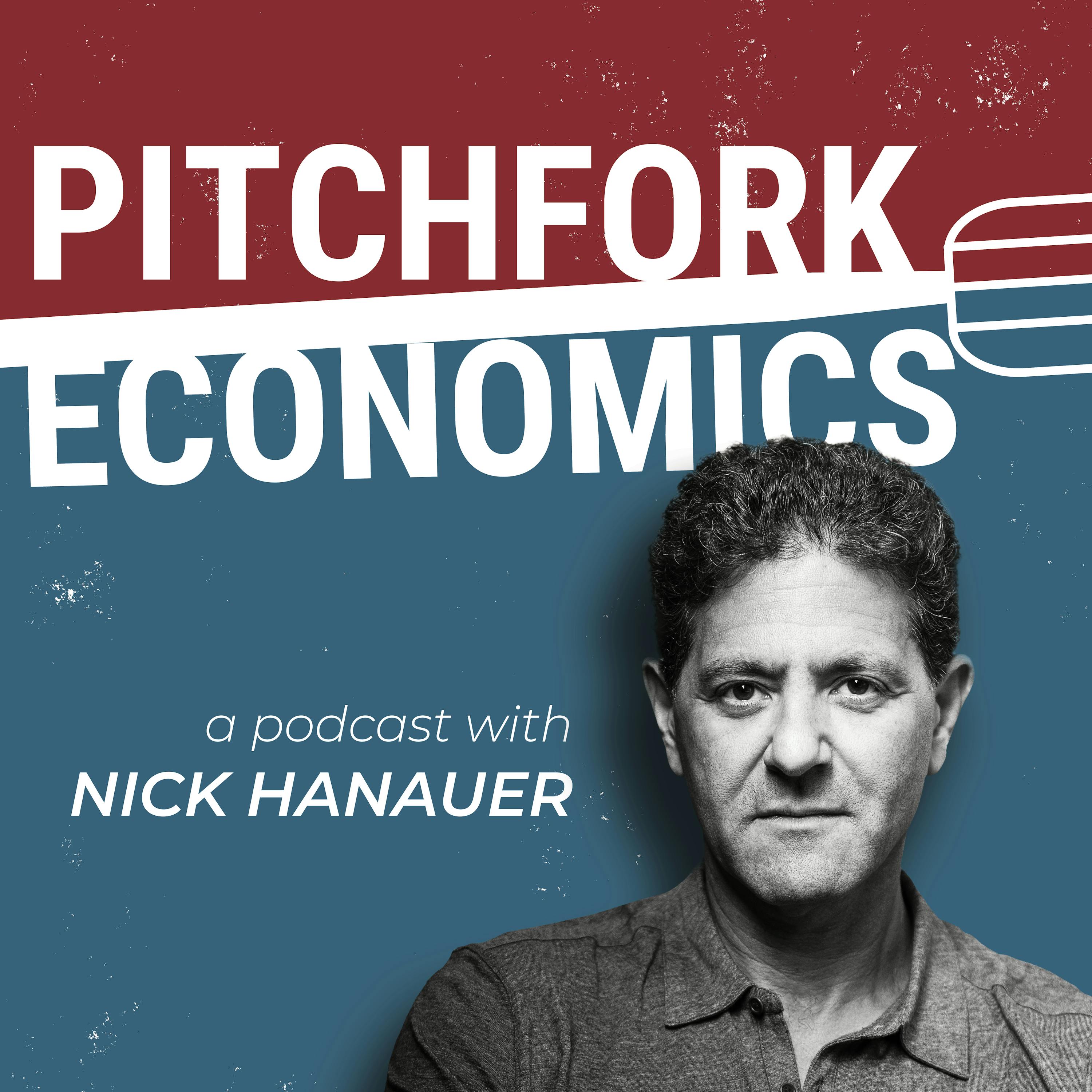Chokepoint Capitalism (with Cory Doctorow and Rebecca Giblin)
Corporate concentration has strained the labor market for virtually all workers, but the resulting lack of competition has caused unique harm to the creative economy. Increasingly exploitative monopolies have rendered artists, authors, musicians, and other creative workers all but powerless. Novelist Cory Doctorow and intellectual property expert Rebecca Giblin discuss their new book, Chokepoint Capitalism, which documents the increasing tensions between extractive corporations and creative laborers, and offers solutions to help fight back against the devaluation of creativity.
Cory Doctorow is a science fiction writer and activist, as well as a special advisor to the Electronic Frontier Foundation, a visiting professor of computer science at the Open University and of library science at the University of North Carolina, and an MIT Media Lab research affiliate.
Rebecca Giblin is an ARC Future Fellow and Professor at Melbourne Law School. She is Director of the Intellectual Property Research Institute of Australia and heads up the Author’s Interest and eLending projects.
Twitter: @doctorow, @rgibli
Chokepoint Capitalism: How Big Tech and Big Content Captured Creative Labor Markets and How We'll Win Them Back http://www.beacon.org/Chokepoint-Capitalism-P1856.aspx
Website: http://pitchforkeconomics.com
Twitter: @PitchforkEcon
Instagram: @pitchforkeconomics
Nick’s twitter: @NickHanauer

51m







